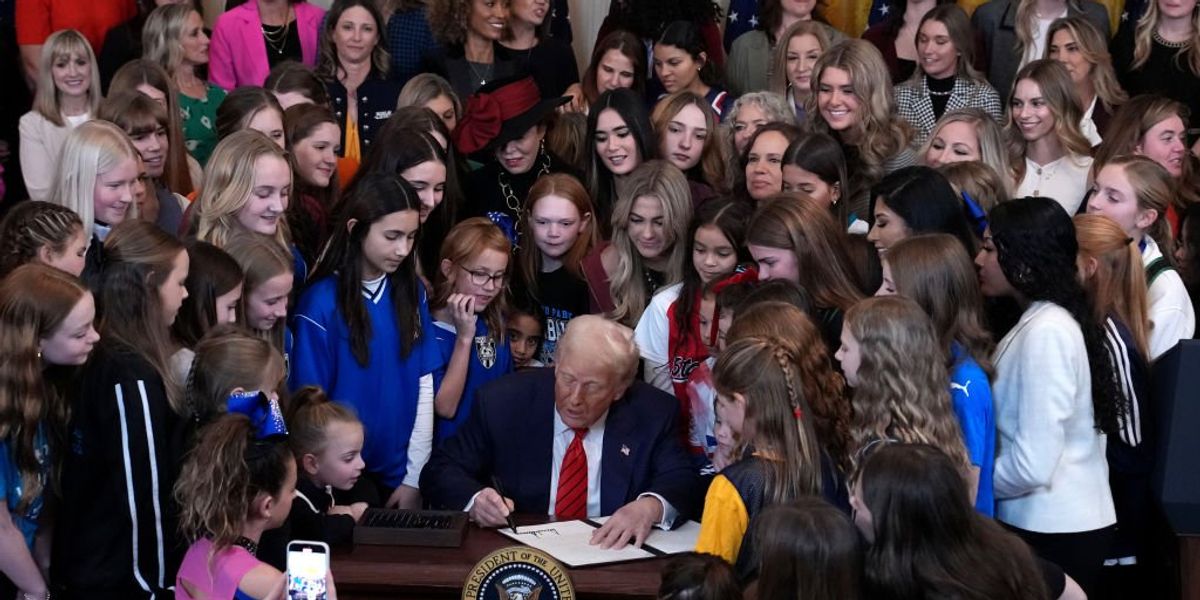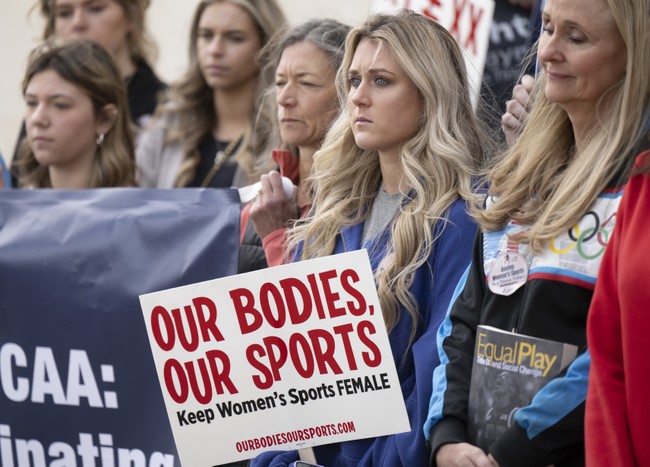Wisconsin and Maine Face Controversy Over Transgender Athletes in Women’s Sports
Wisconsin updates its policies to restrict trans women from competing in girls' sports following Trump's executive order, while Maine defies this order.
Overview
The WIAA announced a policy limiting girls' sports eligibility to 'females designated at birth' in compliance with Trump's order. Meanwhile, Maine allows trans athletes to compete, risking federal funding. A trans athlete, previously competing as John, won first place in a girls’ pole vault competition in Maine, raising concerns among lawmakers and advocates regarding fairness in women’s sports. This contrasting stance highlights the debate over inclusion and fairness in athletics.
Report issue

Read both sides in 5 minutes each day
Analysis
Analysis unavailable for this viewpoint.
Articles (4)
Center (0)
No articles found in the Center category
FAQ
The WIAA updated its policy in response to President Donald Trump's executive order and recent changes in the NCAA's transgender student-athlete participation policy, aiming to align with federal directives.
Maine is continuing to allow transgender athletes to compete based on state law, specifically the Maine Human Rights Act, which protects gender identity rights and conflicts with the federal executive order.
Maine risks losing federal funding for educational programs that do not comply with the executive order. Additionally, it may face Title IX enforcement actions from the federal government.
The NCAA's policy change, which limits participation to biological females, aligns with President Trump's executive order and contributes to a national trend of restricting transgender athletes from competing in women's sports, further polarizing the debate on inclusion and fairness.
History
- This story does not have any previous versions.



